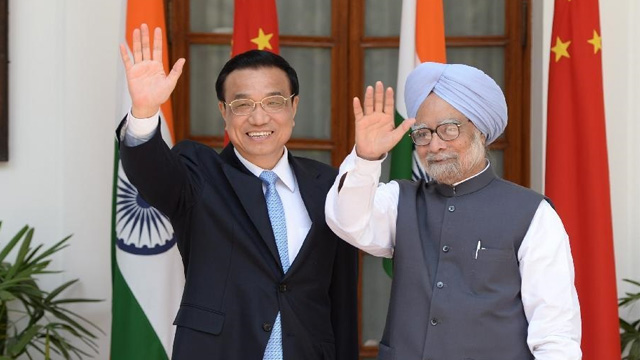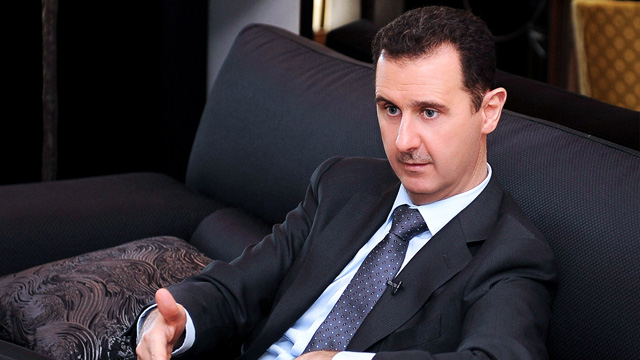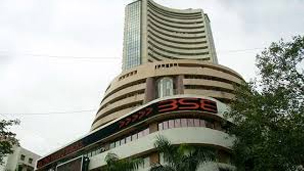India and China are slated to ink a key border deal to prevent face-offs on their disputed border as Indian Prime Minister Manmohan Singh and his Chinese counterpart Li Keqiang hold talks in Beijing on Wednesday.
India and China are slated to ink a key border deal to prevent face-offs on their disputed border as Indian Prime Minister Manmohan Singh and his Chinese counterpart Li Keqiang hold talks in Beijing on Wednesday.
The stapled visa issue is also likely to prominently in talks, sources have indicated.
On Tuesday, sources had said that “all issues would be on the table”. Besides the issuance of stapled visas by China to two archers from Arunachal Pradesh, India’s northeastern state to which China lays claim, both sides would discuss the adverse trade balance and water sharing issues on the Brahmaputra river that runs from the Tibetan plateau to India.
Prime Minister Manmohan Singh and Premier Li are to hold restricted talks and delegation level talks at the Great Hall of the People after which both sides are to ink the Border Defence Cooperation Agreement (BDCA) that is aimed to reduce tensions on the 4,000-km boundary that has seen several incidents of Chinese incursions laying claim to disputed territory.
The Indian cabinet approved the blueprint of the BDCA ahead of the prime minister’s visit. The BDCA puts together existing mechanisms for maintaining peace on the border. It will not solve the border issue for which talks are going on for several years.
The source indicated India’s unhappiness at the issuance of stapled visas. Several agreements are set to be inked, including on culture.
The adverse trade issue would figure in the talks. India is seeking market access to pharmaceuticals, IT among other items.
China and India are discussing setting up an industrial cluster in India and a Chinese team is scouting in India for possible sites to set up the special economic zone. The idea would be to sell the goods produced to China or third countries, which would also help in restoring the balance of trade which is heavily skewed in China’s favour.
IANS





